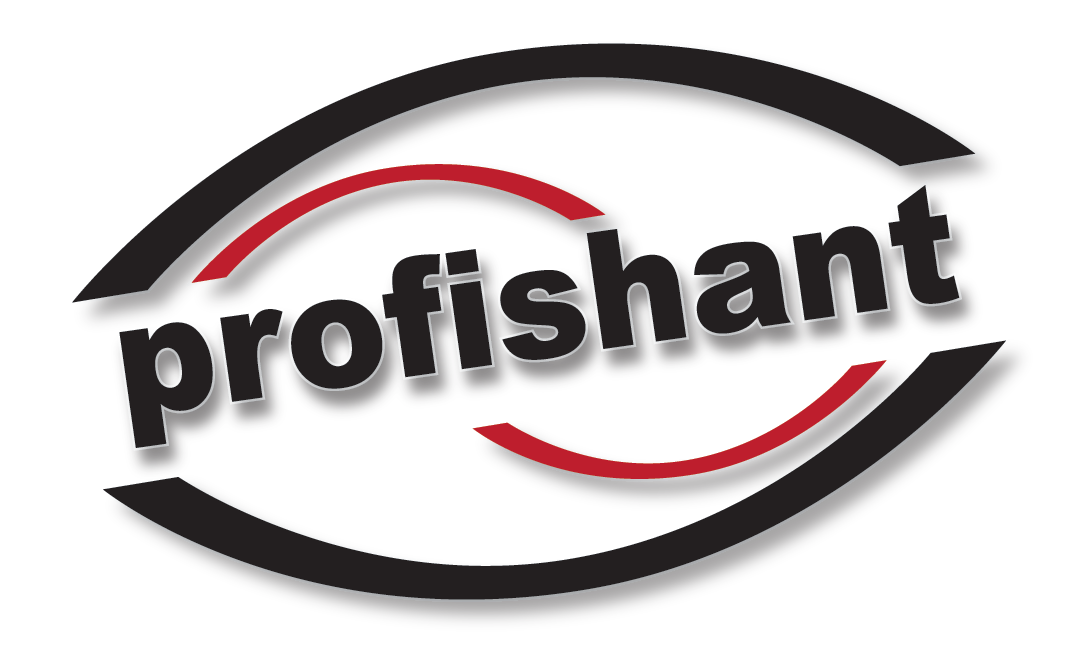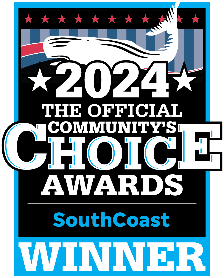Are you GFSI certificated?
Are you a manufacturer, processor, packer, warehouse, or any type of facility that possibly handles food? Believe it or not, there is one thing in common no matter what step in the food chain you are. GFSI or Global Food Safety Initiative. In the food industry, at least one customer always asks, “Are you GFSI certified?” As consultants, when our customers are prompted with this, they ask us, “What in the world is GFSI? Do I need it? Do I have it? What’s the difference?”
What is GFSI?
GFSI or global food safety initiative is a voluntary certification process that is essentially an umbrella term encompassing several different standards. These standards or schemes are written by an expert team requiring firms to be compliant regardless of what country they reside in. GFSI tends to be a business-driven decision. Maybe you have heard of SQF, BRCGS, Primus, or FSC-22000. Those are GFSI-covered certification schemes. The main reasons for someone to become GFSI certificated may include:
- Have your records, processes, and procedures tested and reviewed
- Have comfort in knowing you are exceeding basic principles
- Ensure you’re producing legal, safe, authentic, sustainable, and quality foods
- Open new business opportunities
Do I have it? Do I need it?
If you have a global certification, you will know it. Certifications are issued by a certifying body. This requires documentation to allow this audit to happen. More than likely if you have ever been in a global certification audit you have a robust food safety and quality system and have received some sort of certification and audit report. If you need to become GFSI certificated, it is all based on what works for you. For some firms, it opens customer opportunities or suffices current customer requirements. For others, it may just be bragging rights. As a food safety consultant working closely with owners, quality assurance professionals, and production staff, when a supplier has a certification recognized by a GFSI it’s a sigh of relief that our customers are getting great products.
What’s the difference?
By now you probably have some form of HACCP (Hazard Analysis Critical Control Point) or a FSMA (Food Safety Modernization Act) manual. In the United States of America, the FDA (Food and Drug Administration) has developed regulations written by experts to minimize food-borne illnesses. This is where your HACCP or FSMA manual would have been developed. Then, based on your state, you probably have state regulations that may or may not supersede and/or add to federal regulations. These are also required to be taken into consideration when developing your food safety manuals. When you go “global” there is a whole different set of requirements, voluntarily met, based on what global scheme you choose for your business. This usually requires a more robust food safety and quality manual, additional laboratory testing, risk assessments, and facility upkeep that is above and beyond the standard FDA or state requirements.
What we do.
Here at profishant, we have skilled and certified team members who can guide you through the process of which globally recognized scheme works best for you and your firm. Not only that, but we can also help develop and implement those standards with you. As food safety consultants we will be there every step of the way to help guide you from start to finish. Imagine your boss tossed a book on your desk written in Spanish, then told you, you have 3 months to translate it to English and then be tested on it. Could you get it done? Sure, with sleepless nights, agonizing days, translator apps, and maybe YouTube; you might be able to do it, but there may be costly mistakes. We can help mitigate and avoid those mistakes!
Is getting a GFSI certification right for you? Let us know!
Article Written By:
Stacy Matuszek
Food Safety Consultant
profishant, inc.




